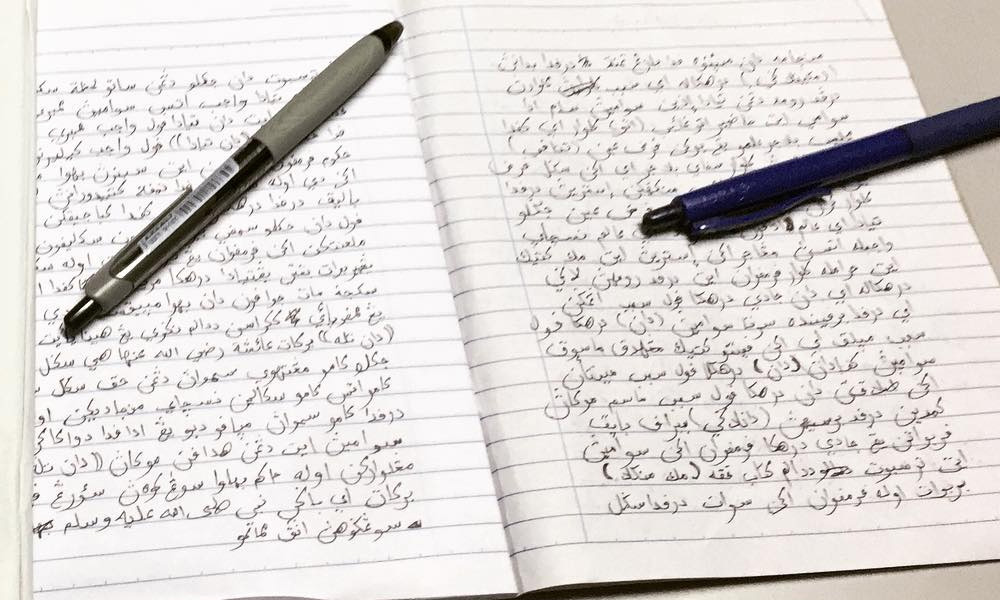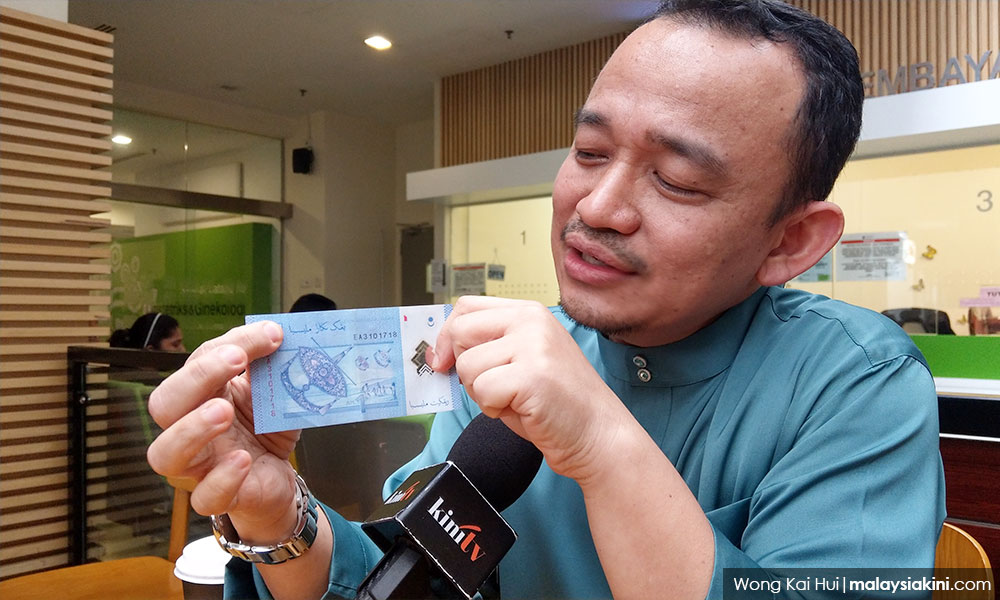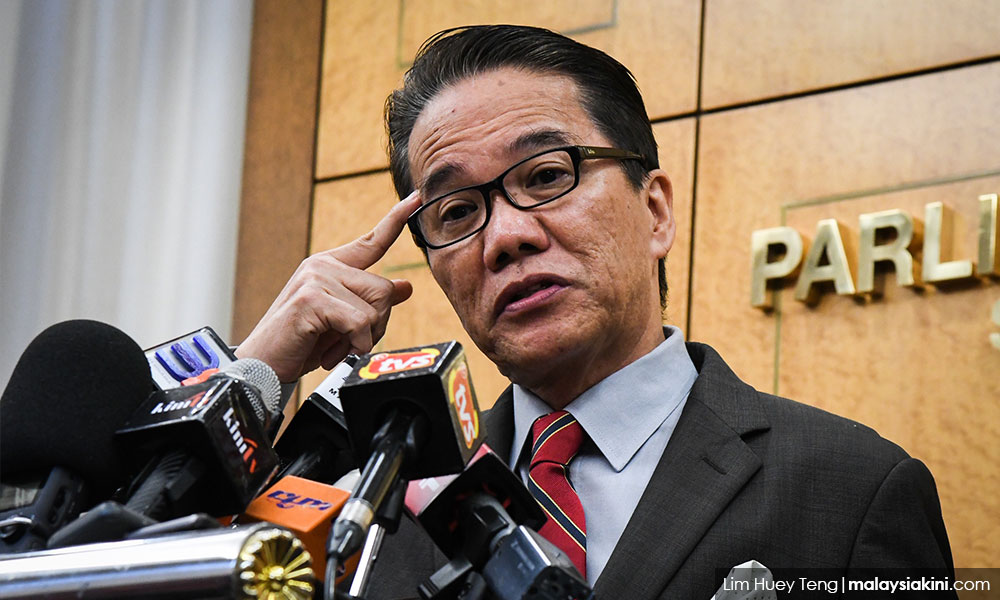
Every time there is some issue with the administration, the executive and the judiciary, we are drowned with cries of the separation of powers and the claim that we follow the Westminster system. Why then are we selective in the use and implementation of the system?
One of the key constituents of the system is consulting the people before major decisions are made. Hence, there is a mechanism termed as a consultation paper. The British government and its agencies have issued over the years hundreds of Consultation Papers on issues ranging from public transport to health, and from education to university fees.
According to the UK Parliament website, a consultation paper is a policy document that is put out by the Government for public comment and feedback.
The purpose of consultation is three-fold:
To invite stakeholders to provide advice to the government about their needs, wants and expectations.
To tell the government what value stakeholders want and how it can provide this value.
Identify opportunities, assist decision making and help ensure any new ideas work effectively in practice.
This not a commentary on the Westminster system or consultation papers, but all the brouhaha over the introduction of khat would have been unnecessary if the process of consultation had taken place.

Surely, Education Minister Maszlee Malik (above) did not have a dream one night, got up in the morning and decided that khat should be introduced in schools! Surely, there must have been a process through which it was discussed, debated and dissected. But by whom is everyone’s guess.
Was there involvement of stakeholders? Were teachers, educationists and public interest groups asked for their views? Were parents, who want a well-rounded education for their children, consulted?
If there were, then views could have been shared and at least a consensus would have been reached. Right now, it appears that the policy is being imposed on the lives of pupils.
The Securities Commission, Bank Negara, the Malaysian Aviation Commission and the Companies Commission of Malaysia are among the few government agencies which regularly seek views of stakeholders via consultation papers for their new policies or amendments to existing ones.
The Independent Police Complaints and Misconduct Commission (IPCMC) Bill did come overnight. It is a consequence of the recommendations made by the Royal Commission chaired by former Chief Justice Tun Mohamed Dzaiddin Abdullah in 2005 to enhance the operation and management of the Royal Malaysia Police (PDRM).
Individuals and groups appeared before the Commission and many civic societies and public interest groups were asked to give their views. What was proposed 14 years ago, is now in the final stages and the consultation process is continuing.

Yesterday, the Minister in the Prime Minister’s Department Liew Vui Keong (above) met with several organisations over the bill, saying he will consider amending certain clauses in IPCMC Bill.
He met representatives from Suhakam, the Bar Council and several NGOs, including Suaram, Citizens Against Enforced Disappearances, Lawyers for Liberty, Human Rights Watch and the Malaysian Centre for Constitutionalism and Human Rights (MCCHR).
He will also seek the views of the Opposition and even the police who will be affected when the Bill becomes law. The reason for this exercise is simple – all stakeholders should have their say.
Maybe it is not too late to go through the process on the issue of khat. Why don’t we put the issue on the back-burner and start talking? Why should it start at Year Four and not Year Three or Year Five? How many hours or periods a week for this? Can this be incorporated in the syllabus for art? Who is going to teach? Do we have enough teachers or do we have train?
These questions need to be answered. None are forthcoming. There are many options available, and there are many other thoughts and ideas which can be provided by stakeholders. They should have a say.
This is not like shooting your mouth off about changing the colour of shoes to black or teaching swimming in schools when almost all schools don’t have the luxury of a pool..
This affects the future of our children and we place our faith in the education system. We expect the system to provide our children with a solid foundation, knowledge and skills when they venture into the commercial world or tertiary education.
R. NADESWARAN feels the people should be consulted on all issues that affect them directly or indirectly, and consultation papers can be effectively used to achieve this. Comments: citizen.nades22@gmail.com - Mkini


No comments:
Post a Comment
Note: Only a member of this blog may post a comment.